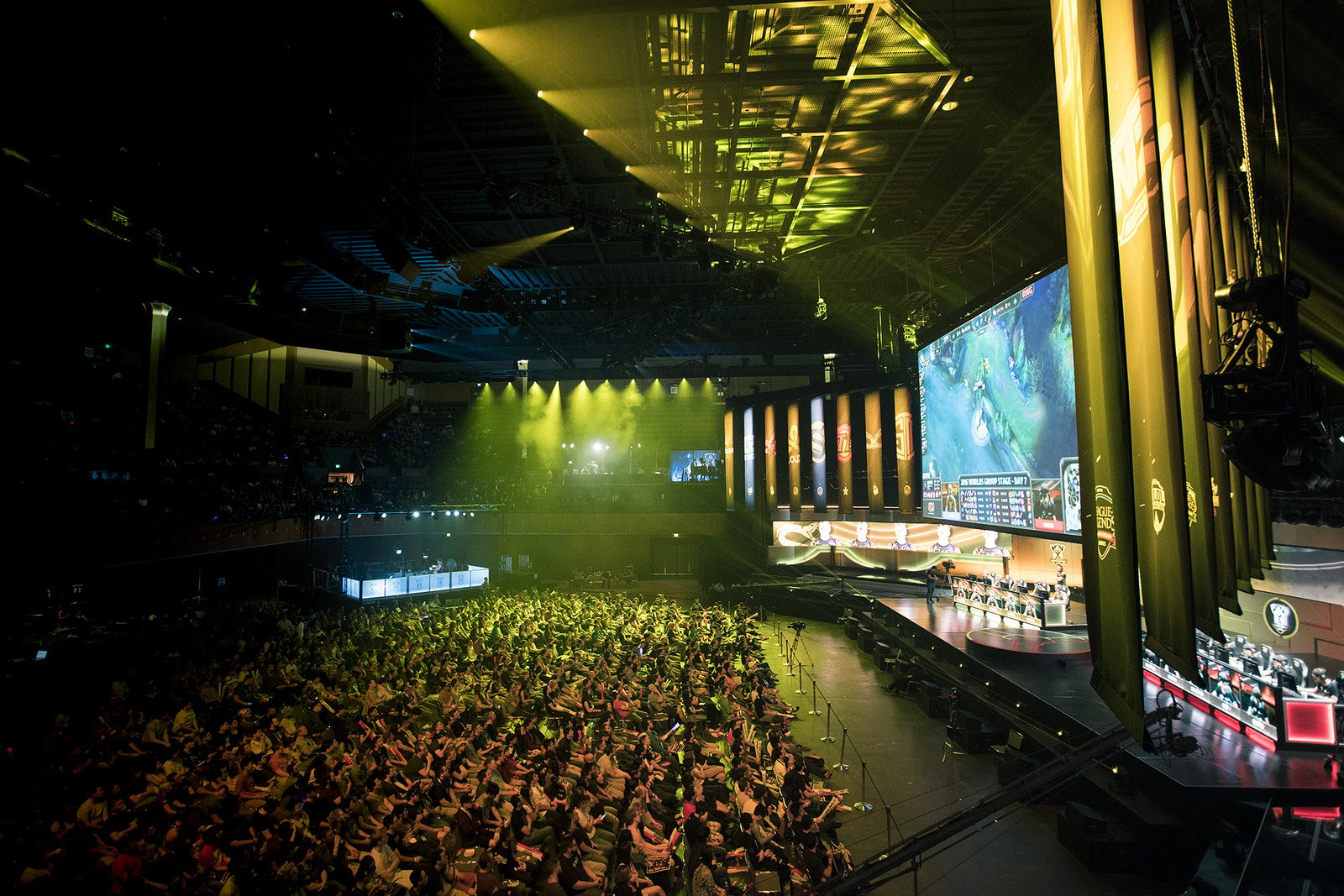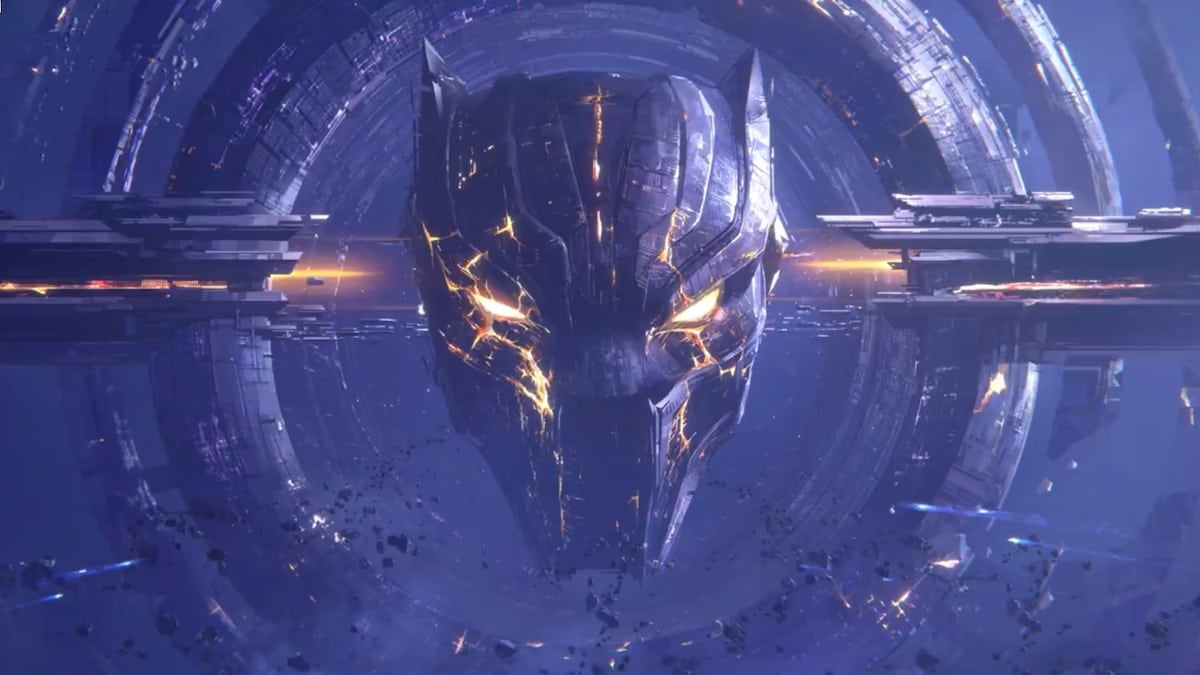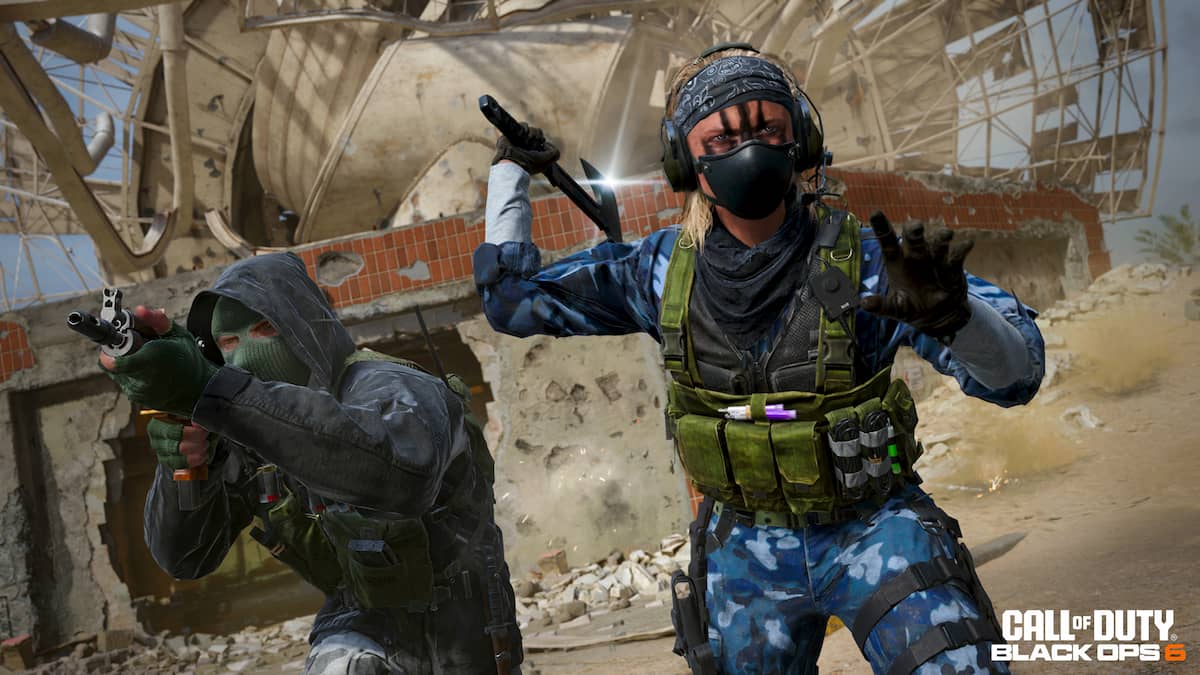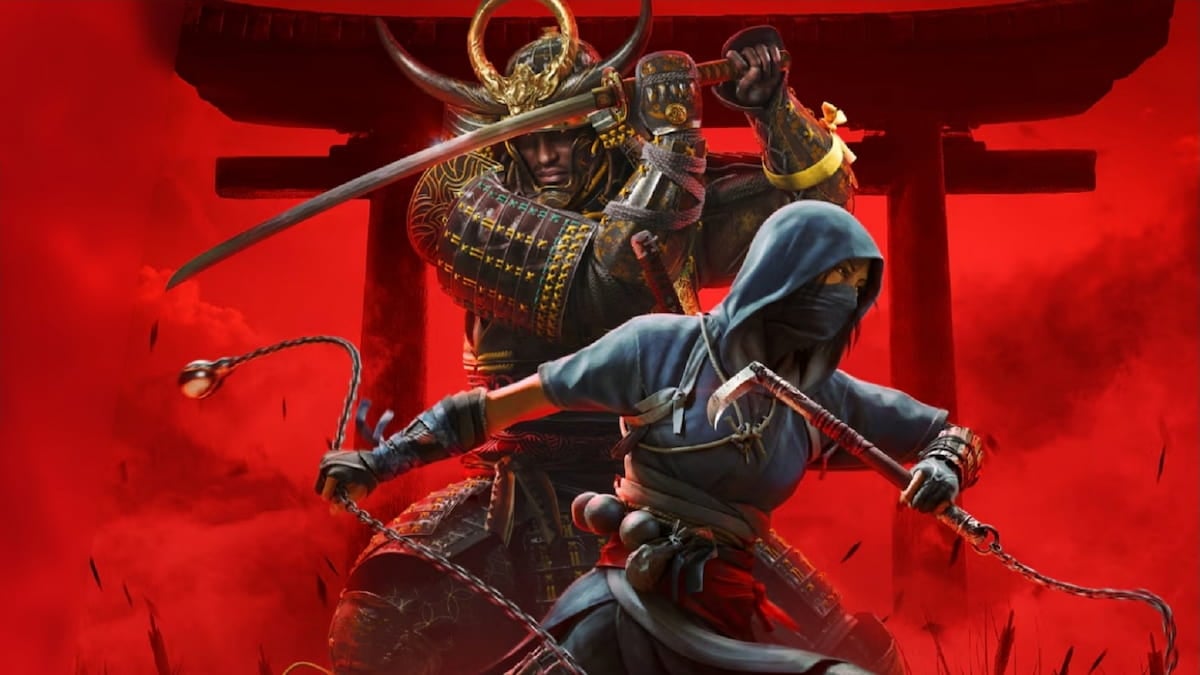Headsets could play a big role in the future of esports.
Not normal, everyday headsets, of course. In the near future of esports, players will wear technology that will improve neural connections in their brains—not just pump sound into their ears.
This is far from science fiction. The technology already exists. Traditional athletes use a process called neuropriming, which electrically stimulates the brain to increase plasticity. Muscle memory and increased endurance are a product of strengthening connections, earned while wearing one of these neural priming devices while training.
And these devices look exactly like headsets, which is a natural form factor for esports players, Delaware North chief marketing officer Todd Merry told Dot Esports ahead of the XLIVE Esports Conference in New York City from Aug. 22 to 23. Splyce—Delaware North’s esports partner—is working with a major supplier of these neural priming headsets to begin rolling out trials with its athletes as a way to improve their training. “I think they’re going to be the first esports team to use it, in terms of neuro-coaching,” Merry said.
“It creates hyper-plasticity in your brain,” Merry said. “That means that you take in your training a lot better. This is a really interesting way for our athletes to train. It’s a very natural form factor for them because they’re just headphones in some ways.”
I think they’re going to be the first esports team to use it, in terms of neuro-coaching
Even Navy SEALs have tested the headsets, with researchers noting that results were positive. Plenty of studies have also shown physical and mental improvement after using the devices. It was only a matter of time until it came to esports—and it’s notable that Delaware North is one of the first operating in this space.
It’s Delaware North’s investment in traditional sports that allows it to bring these ideas to Splyce, Merry said. Non-traditional partnerships will continue to be a big focus for Merry as the industry matures. This idea is extended past training esports teams and into fan experience at Delaware North events.
Though esports fans and players are now entering the same venue—say, TD Garden—you can’t treat an esports event like its a typical sports event, just like you can’t treat an esports player exactly the same as an athlete. There are similarities, of course, but they have different needs. Fans will expect a different experience when entering an arena for esports or sports. Basketball games last a few hours, but esports events can run all day, stretching into multiple days. That’s a challenge with creating a positive fan experience.
“Some venues have simply served food or catered the experience like it was a two hour basketball game,” Merry said. “Which is, you know—you’re there for twelve hours. Often from nine in the morning to nine at night.”
That’s 10 hours at an event. “You need the different day parts,” Merry added. “You need breakfast foods. You need food that’s not just hotdogs and hamburgers. You need more than just beer and coke.” Events that span all day have separate needs that haven’t always been met by the hosting arenas—and that includes Delaware North, too.
Related: Barclays Center wants to become an esports hub in Brooklyn
“We hosted a Counter-Strike: Global Offensive event for MLG in Columbus a year and a half ago now,” Merry said. “It was a fine event, I really enjoyed it, but, boy, as a concessionaire we could have done a lot better, and as a retail partner we could have done a lot better. We’re learning things on the way.”
All of this knowledge will be put to the test when Delaware North hosts the North American LCS Summer Split Finals at the TD Garden in Boston. With the event over a month away—Sept. 2 to 3—Delaware North already has a plan, as you might expect. It encompasses the company’s esports concessions philosophy, allowing fans to be comfortable at an all-day experience.
Retail, too, is important. Splyce even has its own section in the TD Garden Pro Shop now—the esports organizations’ merchandise is sold before and after all games at the Garden.
“We’ve had our professional retail folks build out the retail section for esports in the shop,” Merry said. “This is going to sound silly when I tell you this, but it includes everything from Splyce hangers to Splyce mannequins and a video presence. It’s really a first-class retail experience, which is great. We can take that and replicate it in other places as we go on.”
It’s a way to normalize esports in a traditional sports space. You’ve got your Bruins gear, your Celtics gear, and right next to it is your Splyce merch. When the LCS Summer Split Finals roll around, the whole shop will be set up with League of Legends gear. Splyce, of course, will still have its own section, even though they aren’t a team that’ll be at the North American championships.
Individually, each of these efforts—neural headphones, catering, retail—sound small. But these small steps are the driving force behind a growing, monetizable industry. For esports to survive in the long-term, it needs to be sustainable: Influence from traditional sports and entertainment companies will help provide the infrastructure to keep things standing for years to come.






Published: Jul 24, 2017 12:48 pm